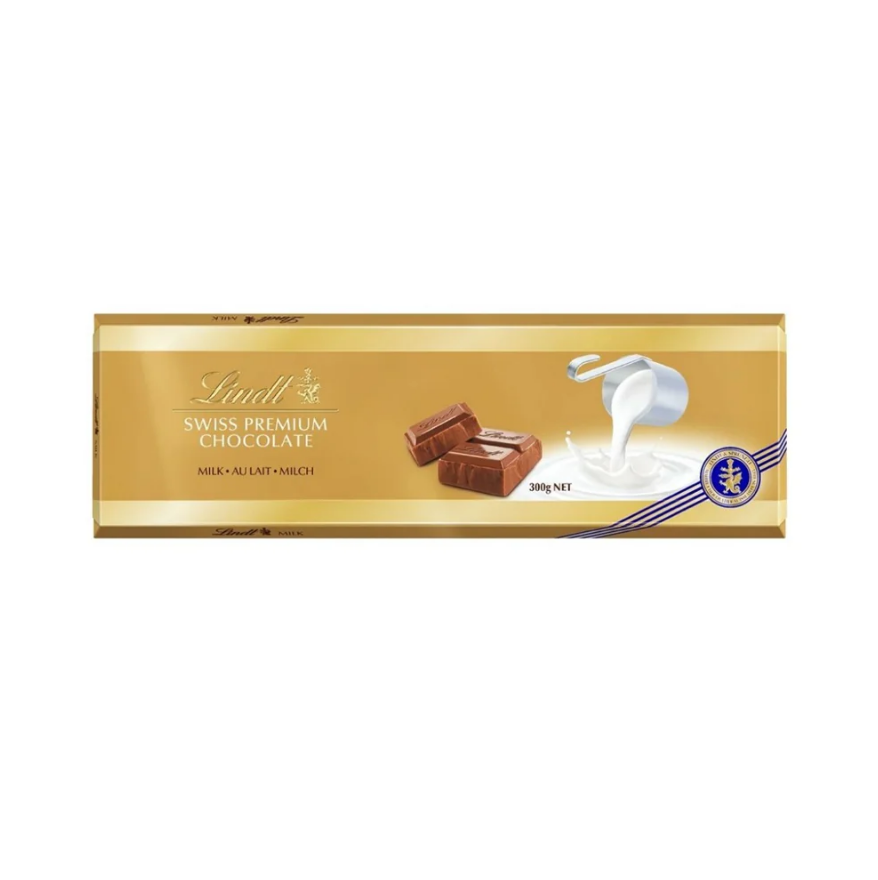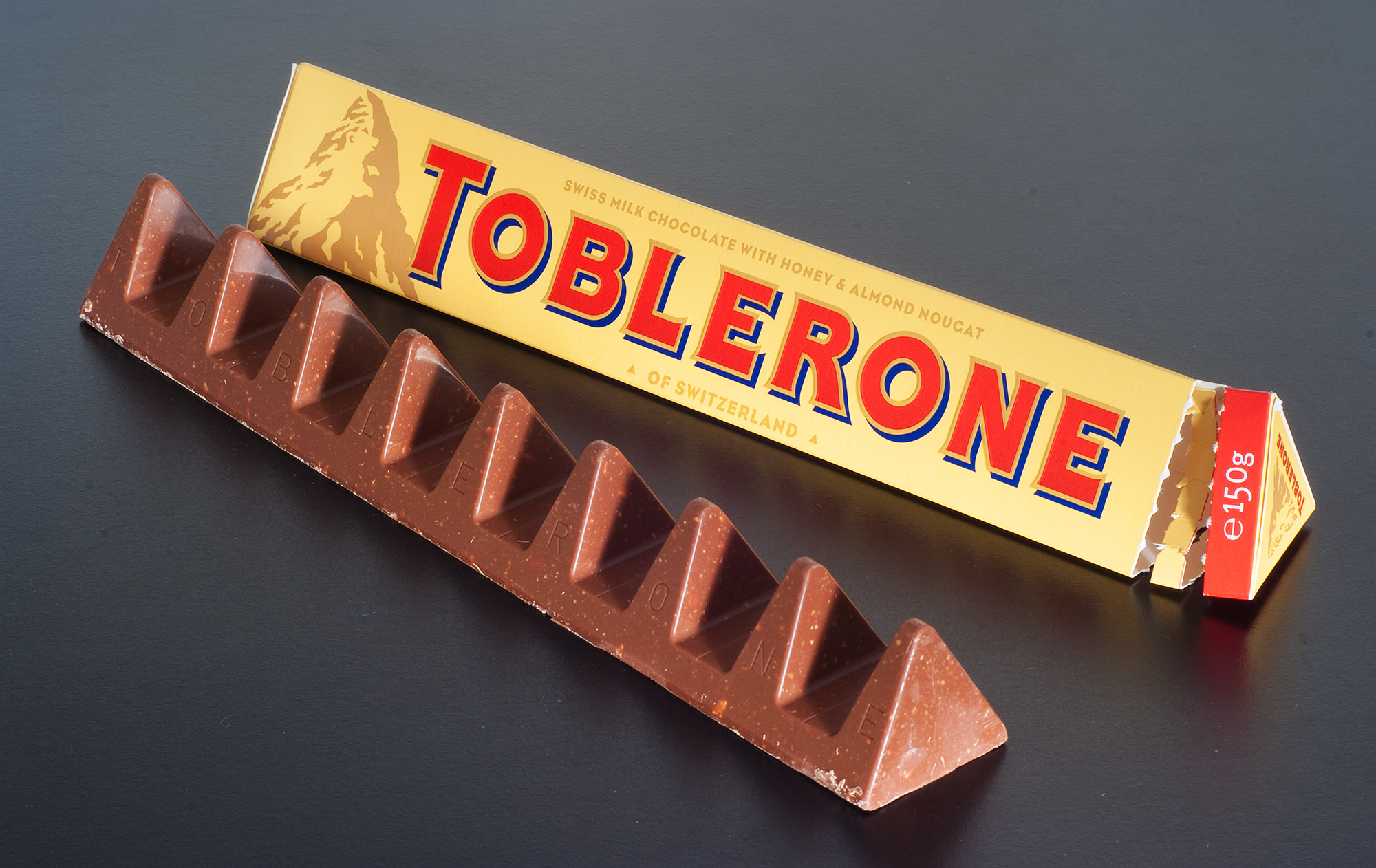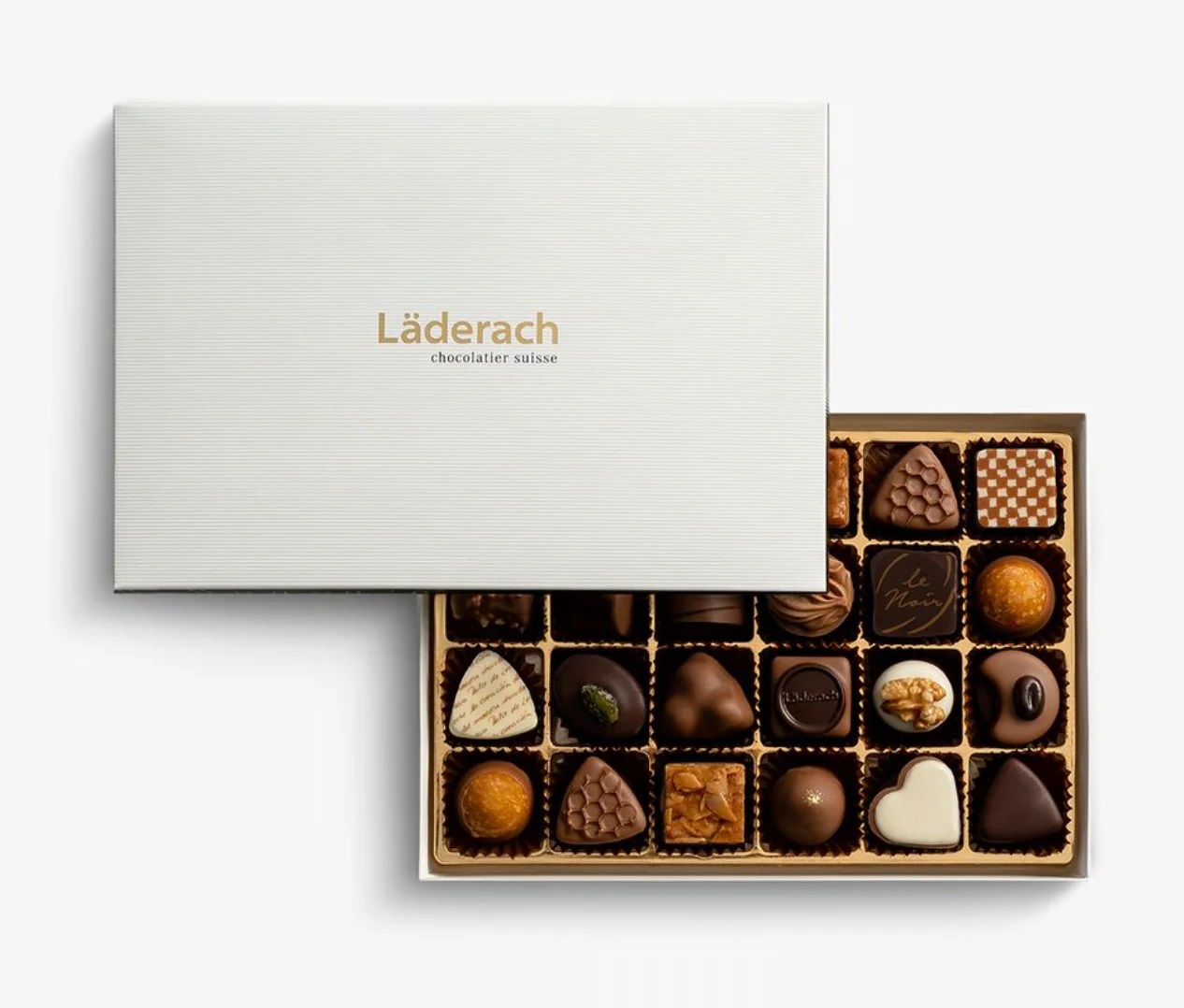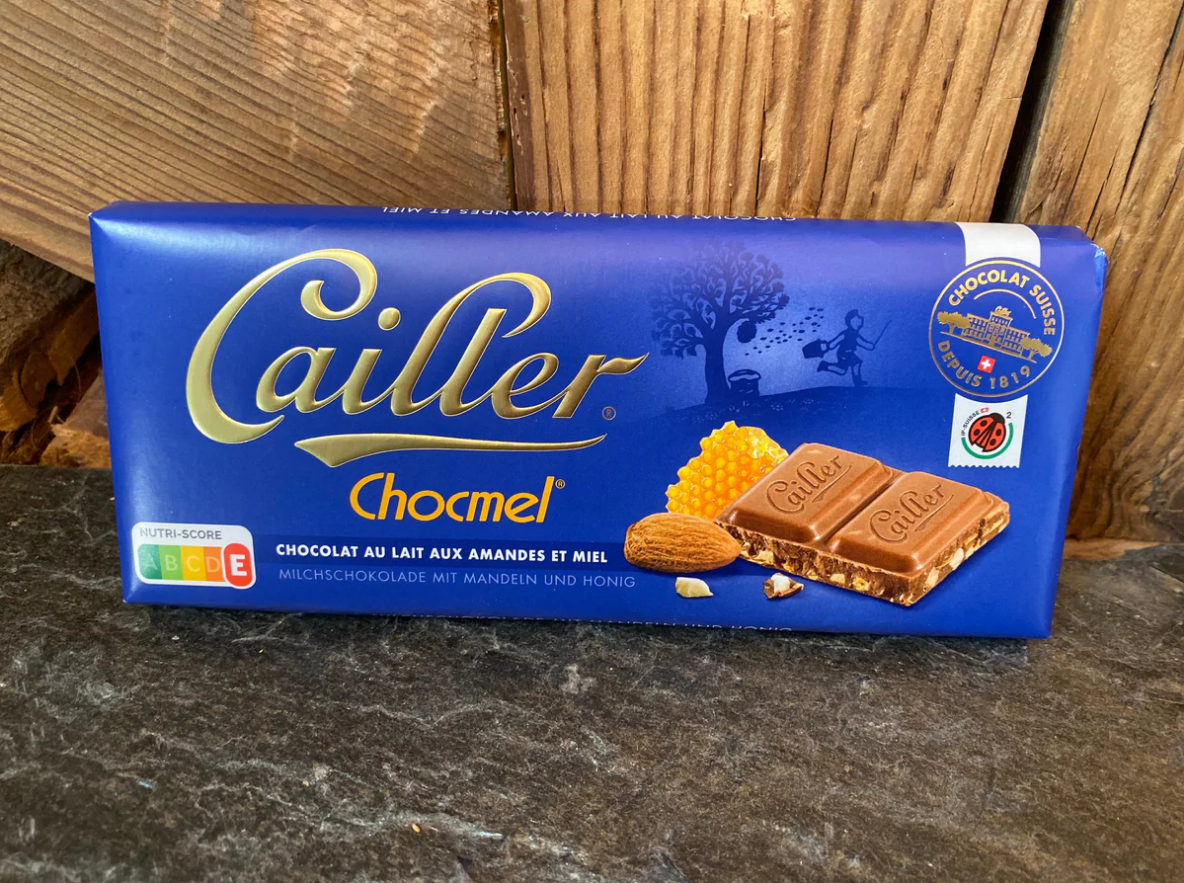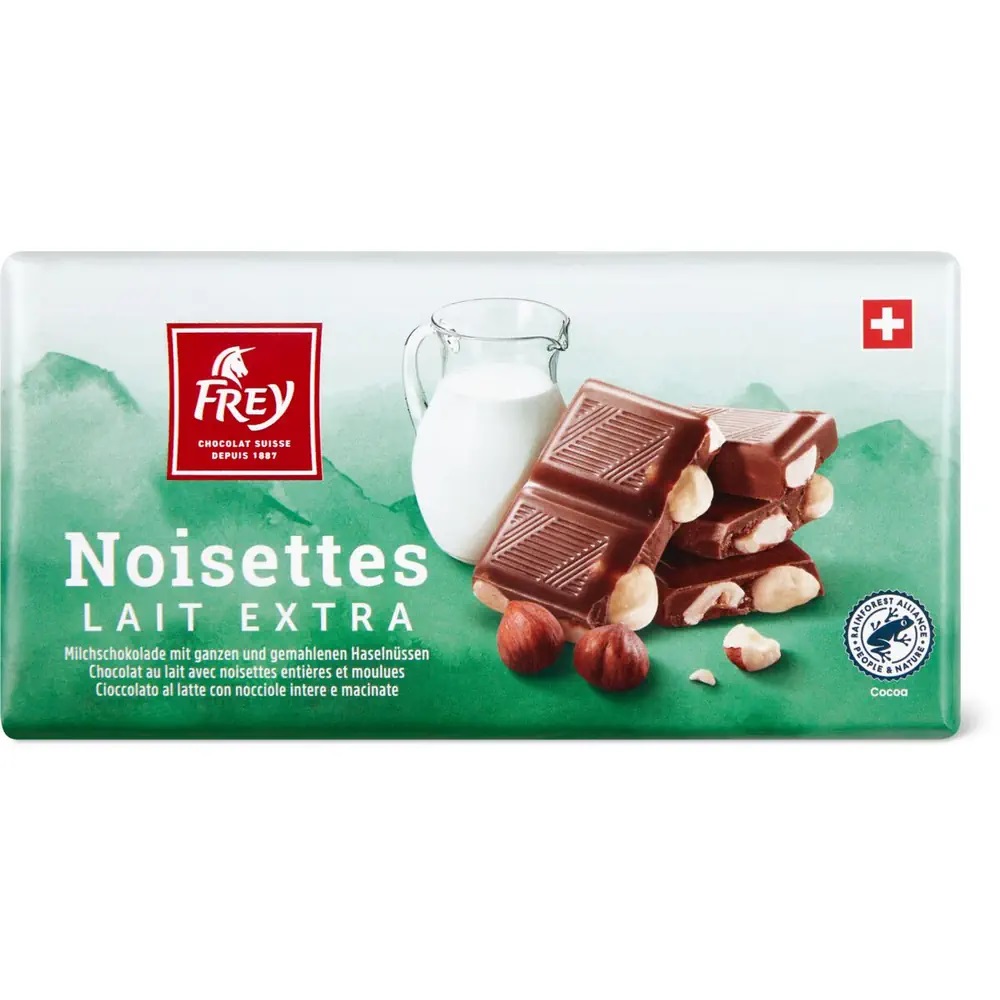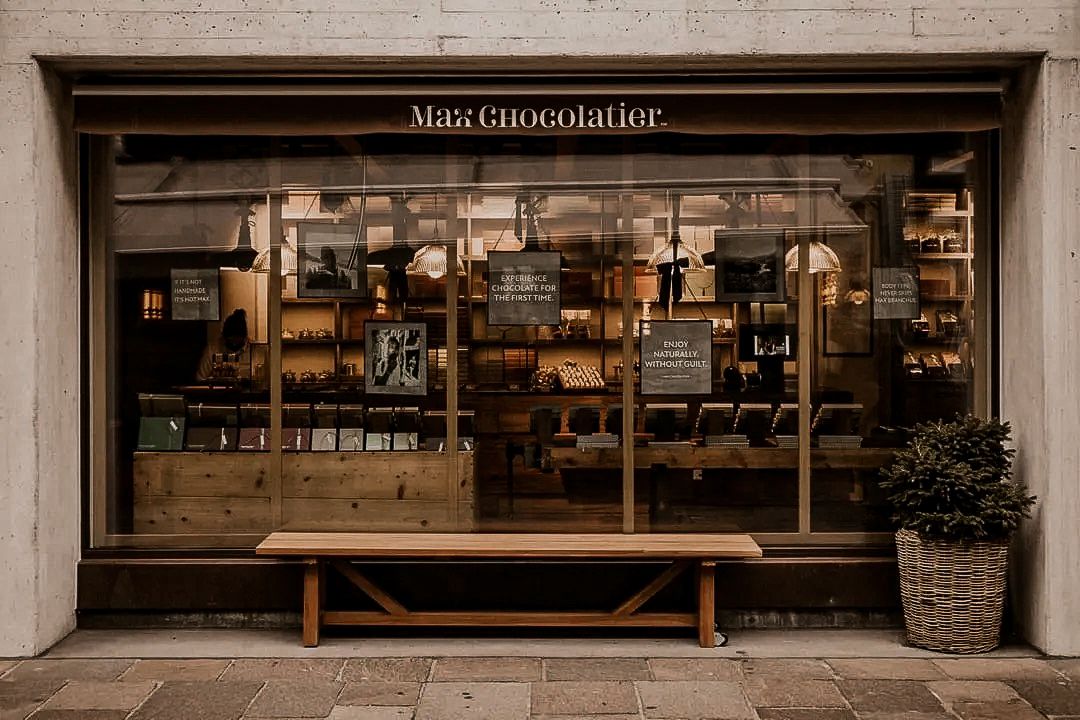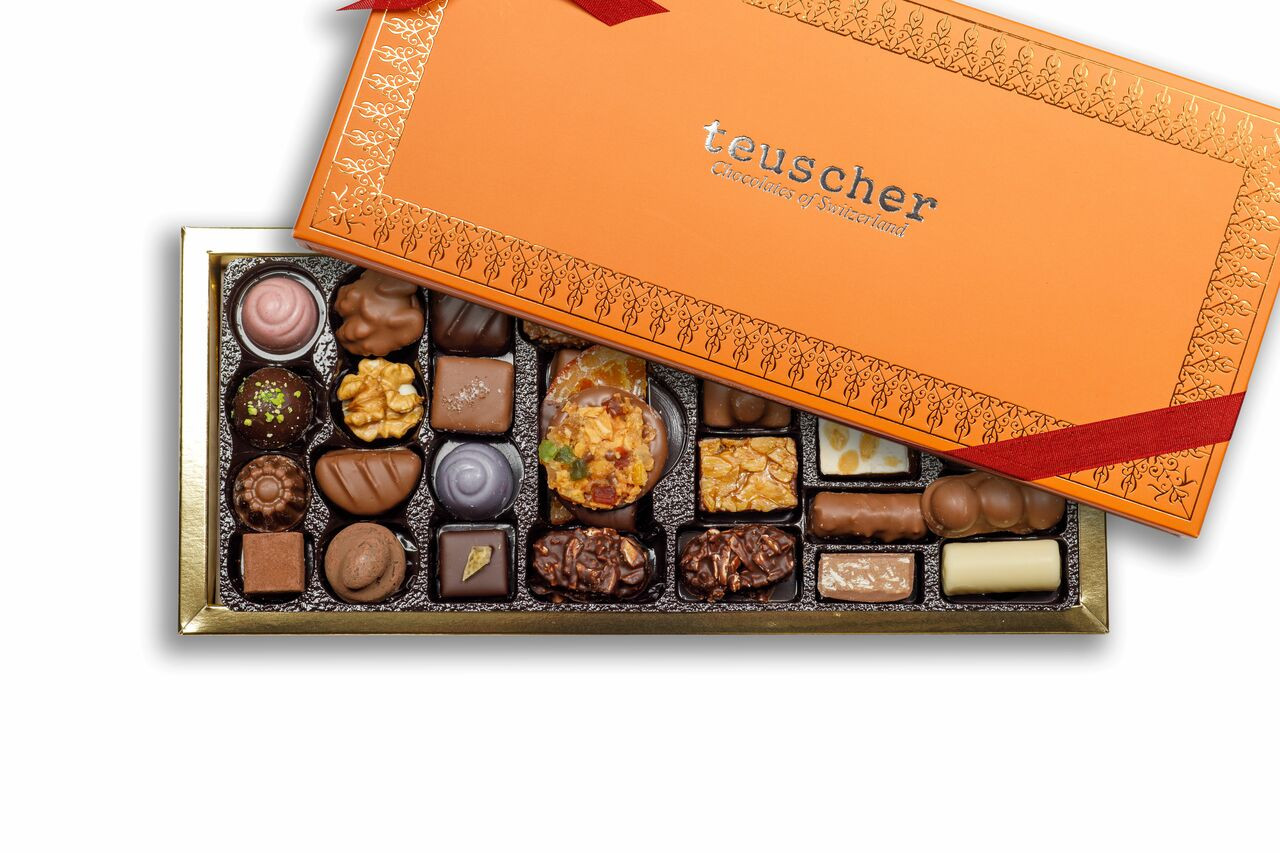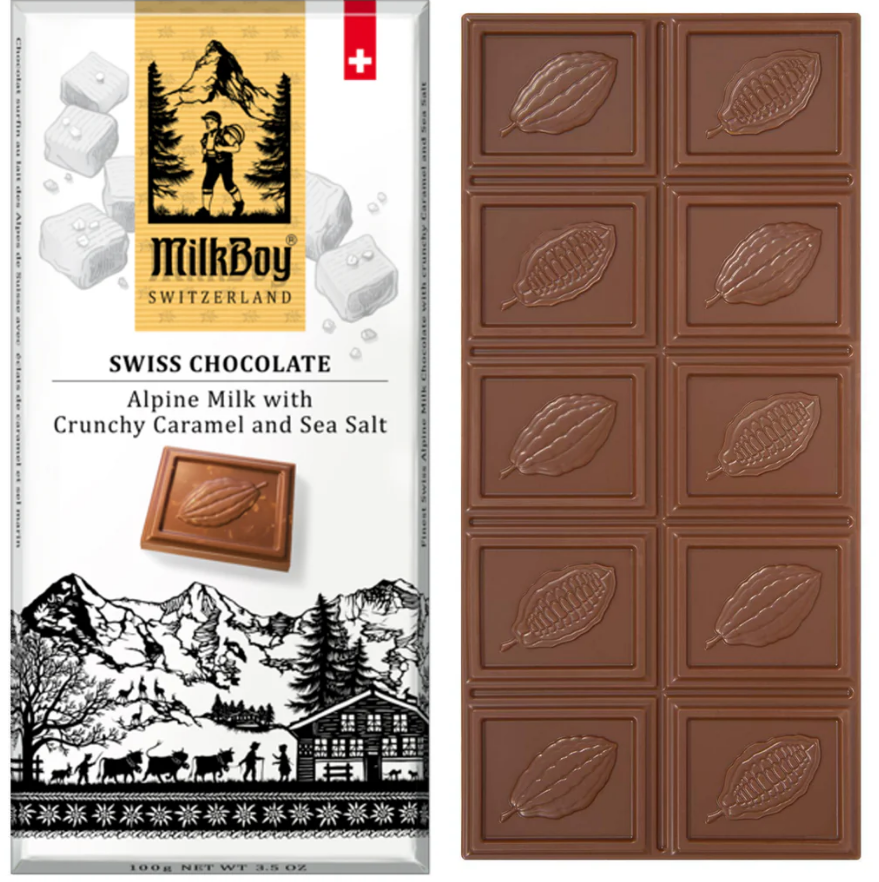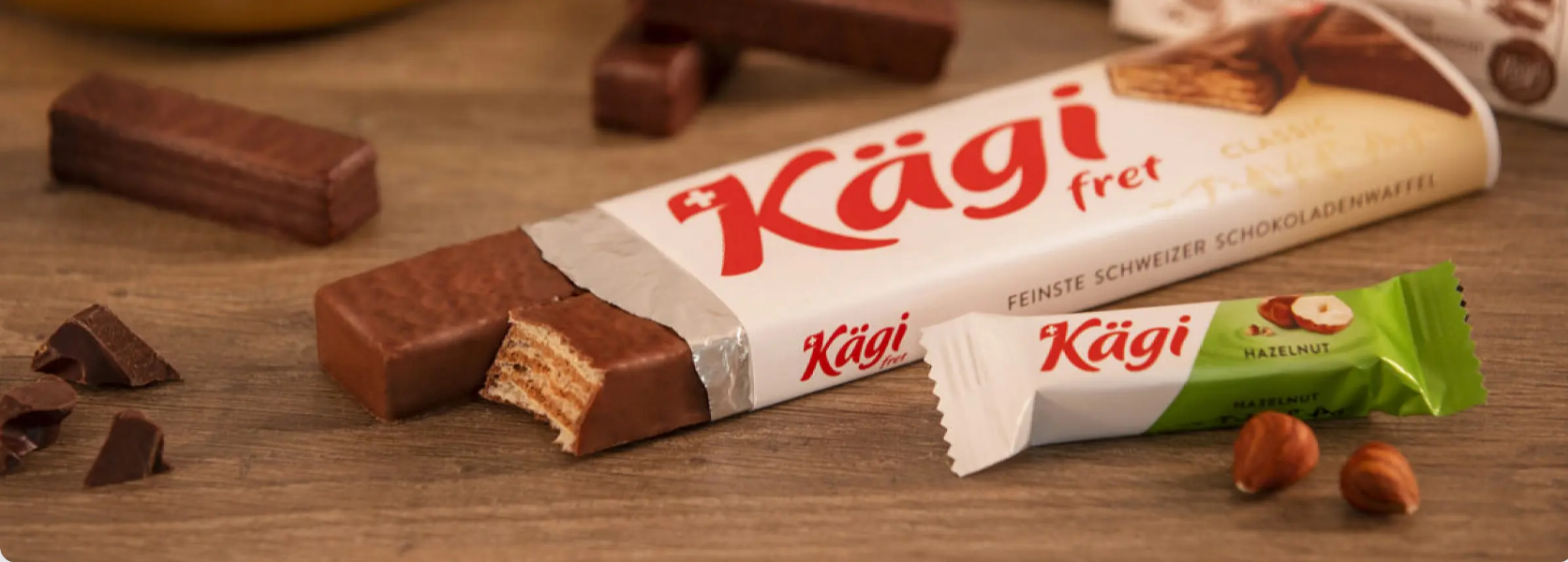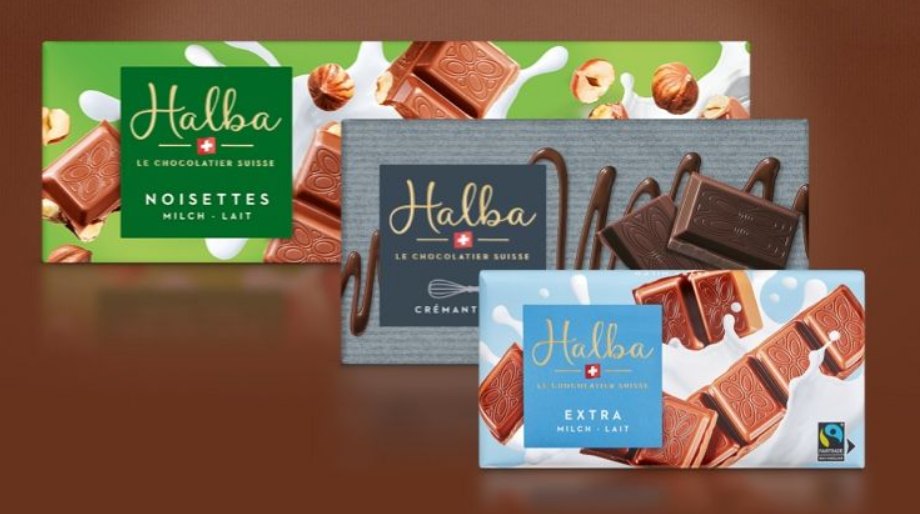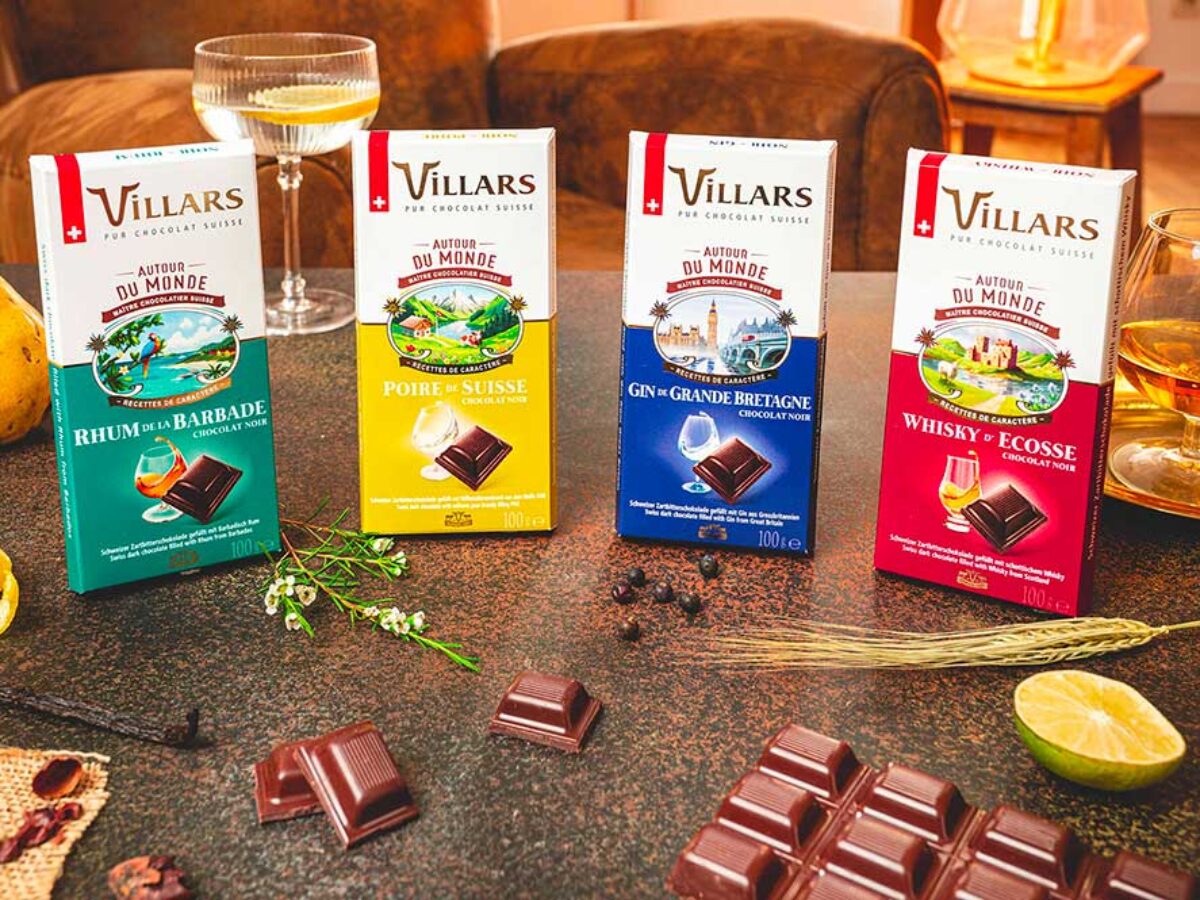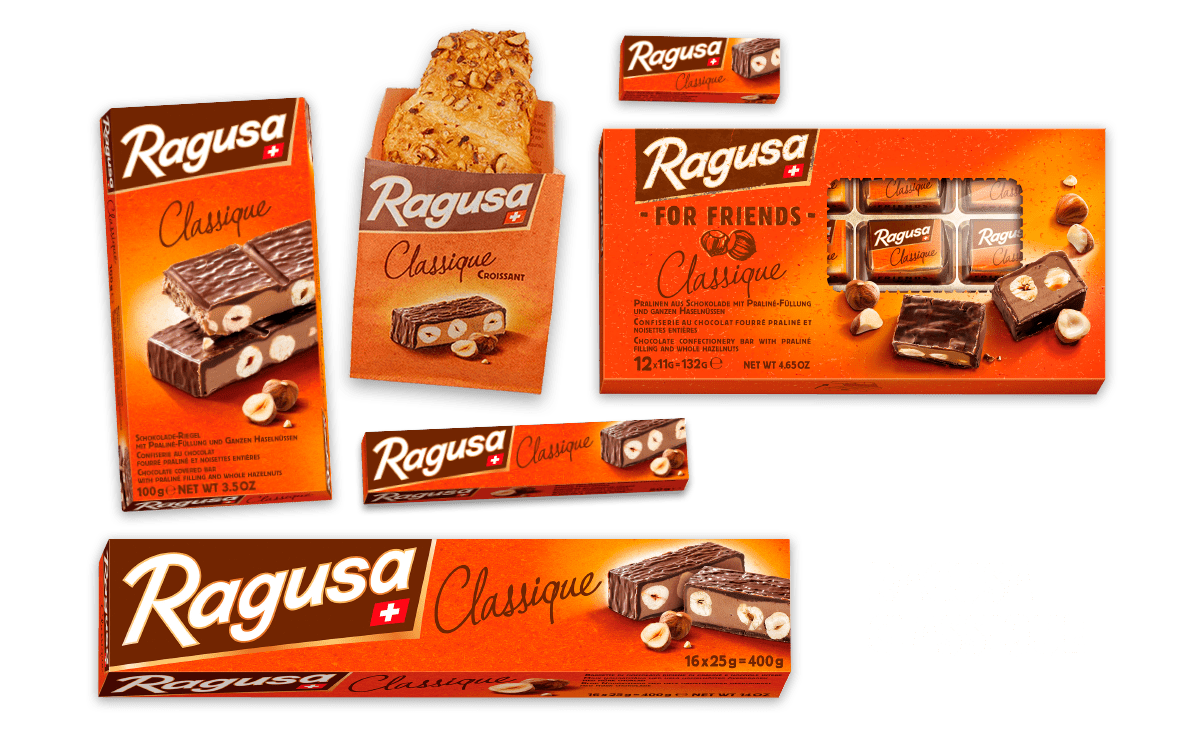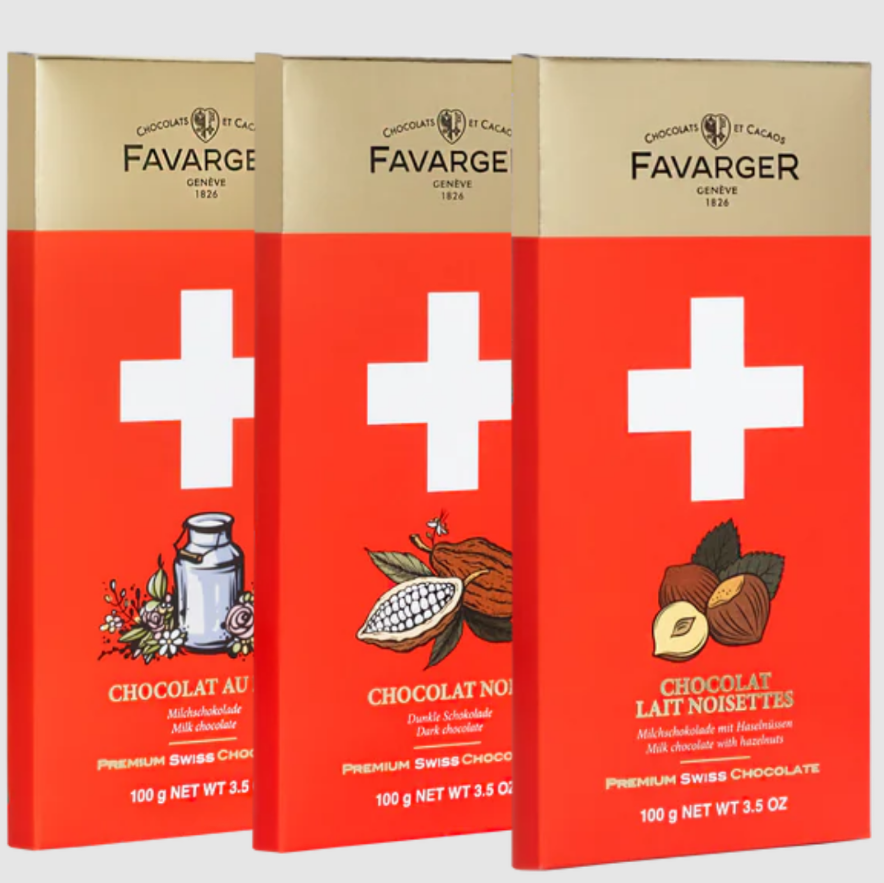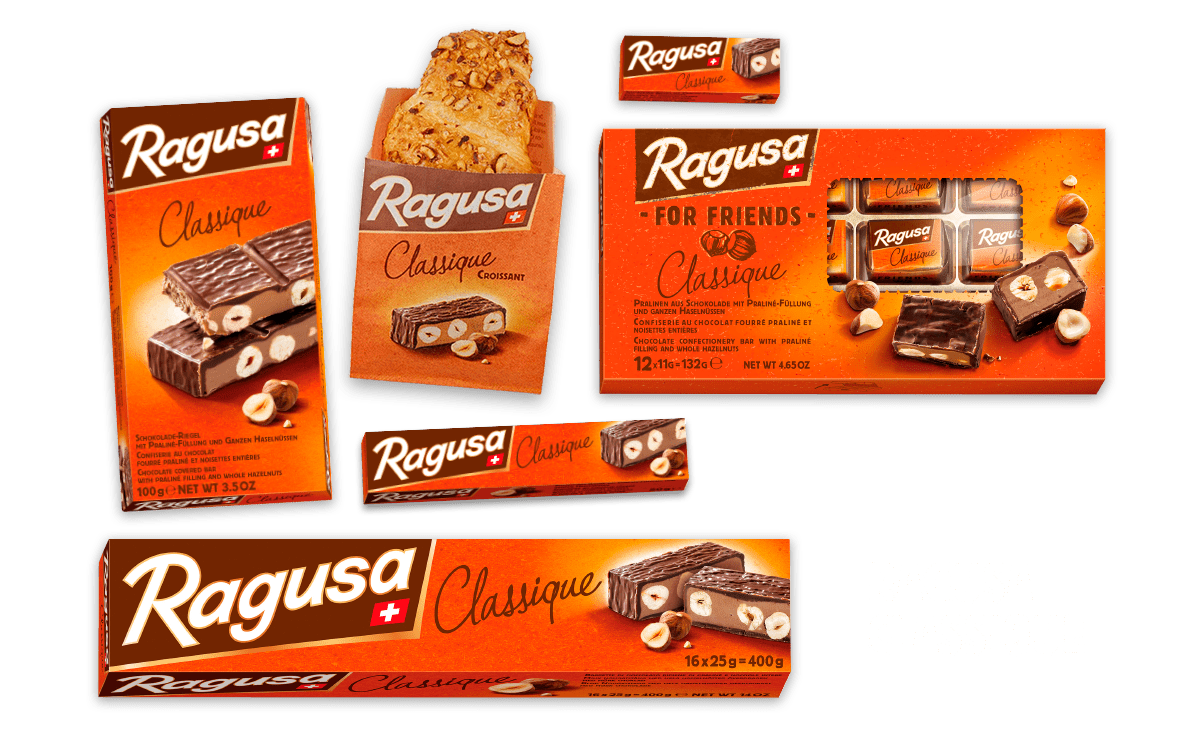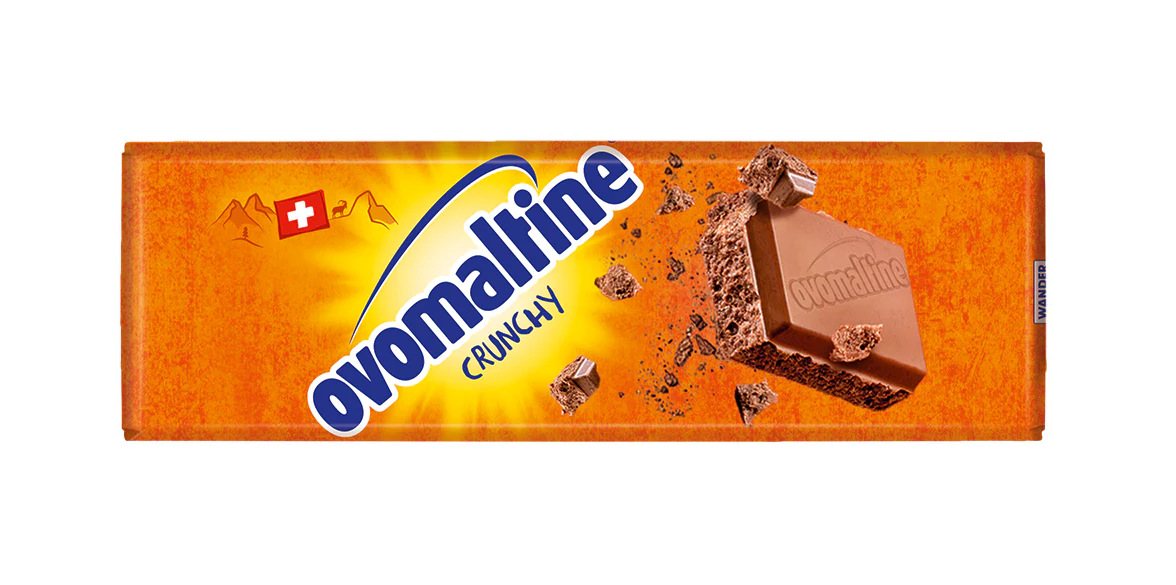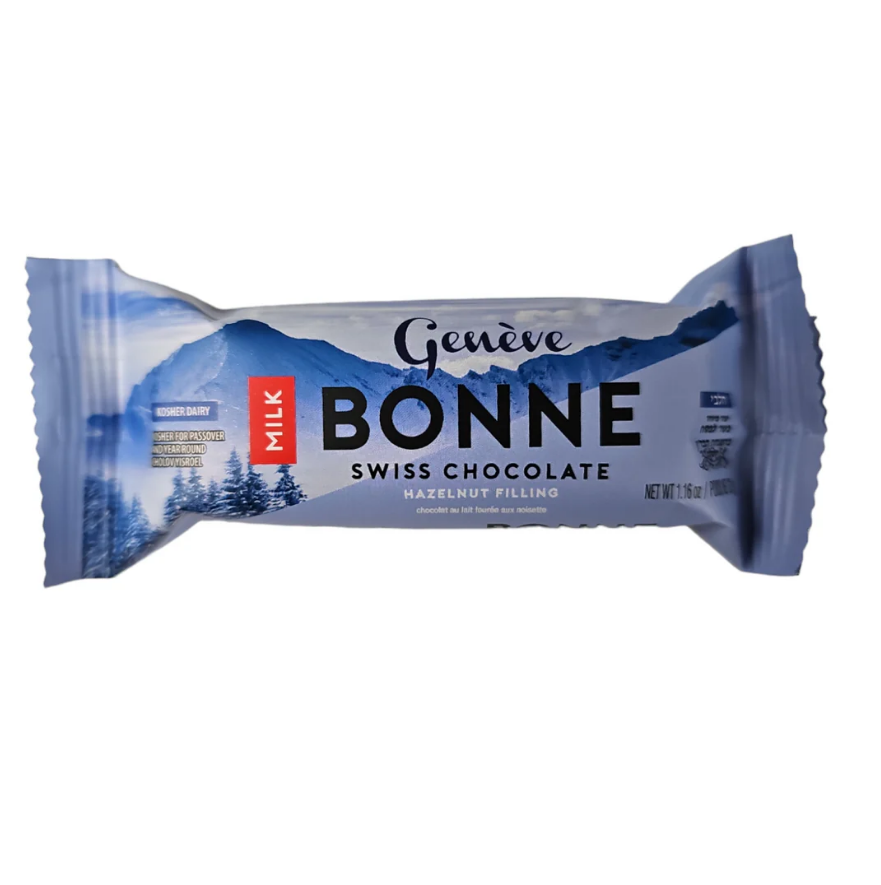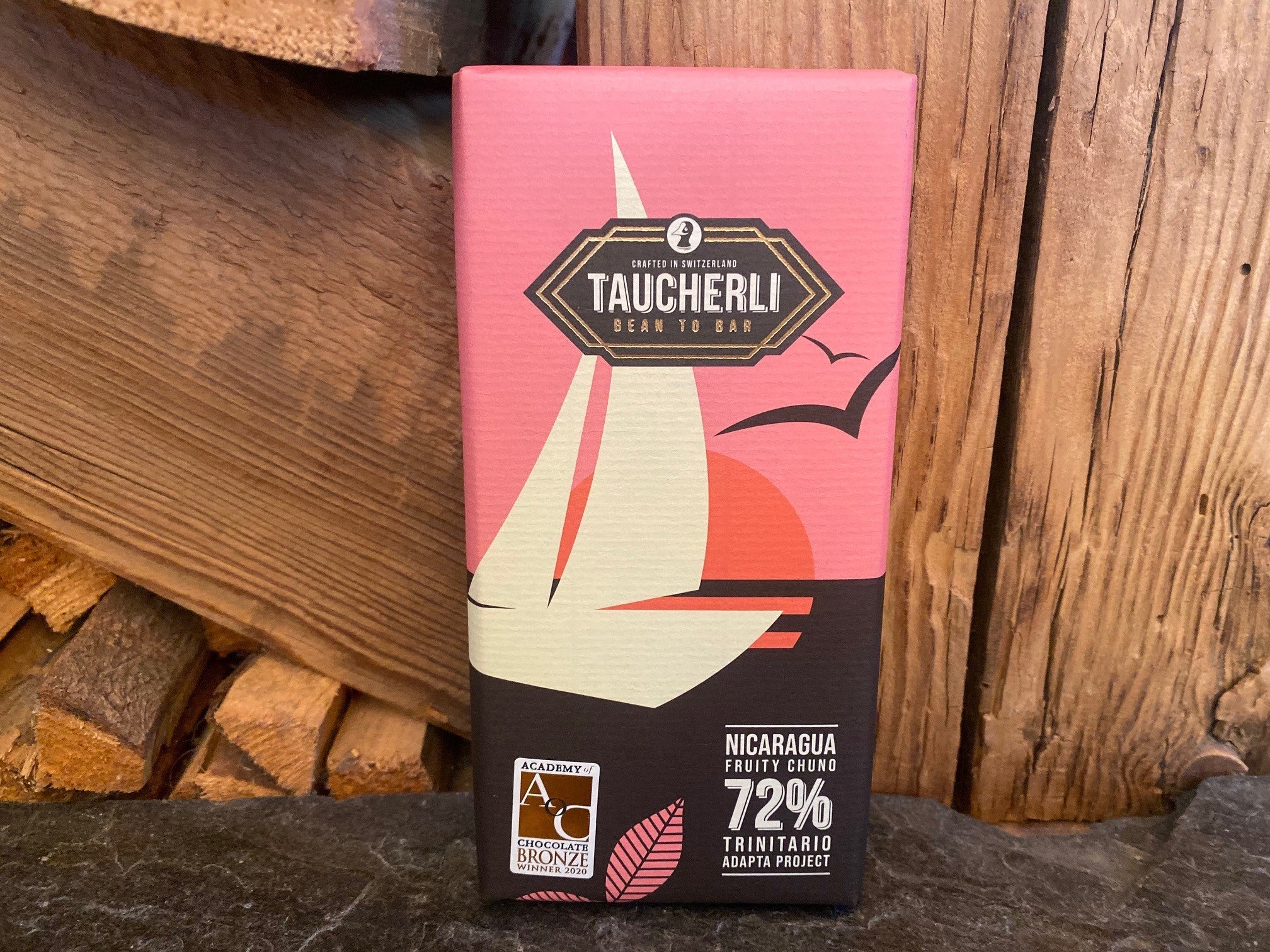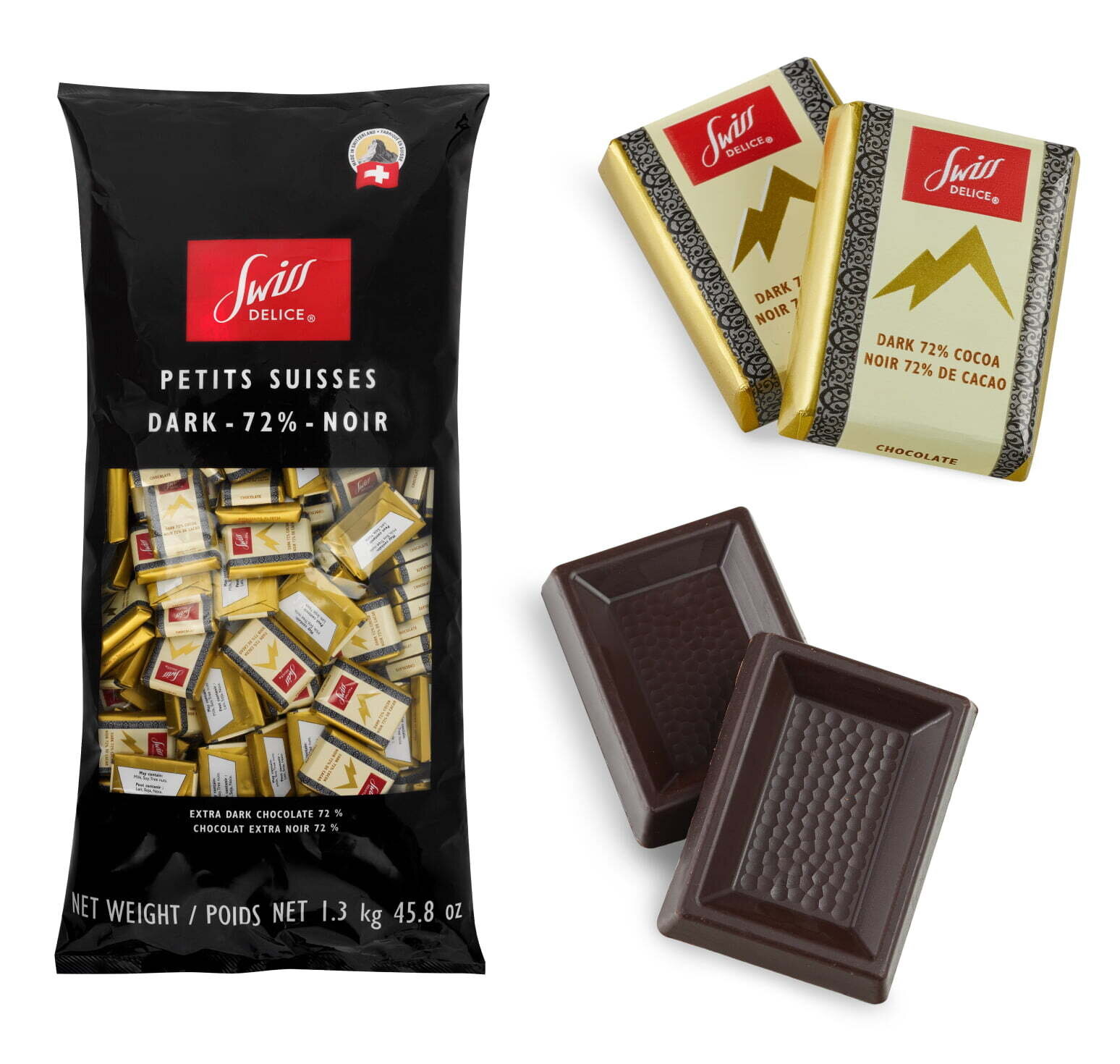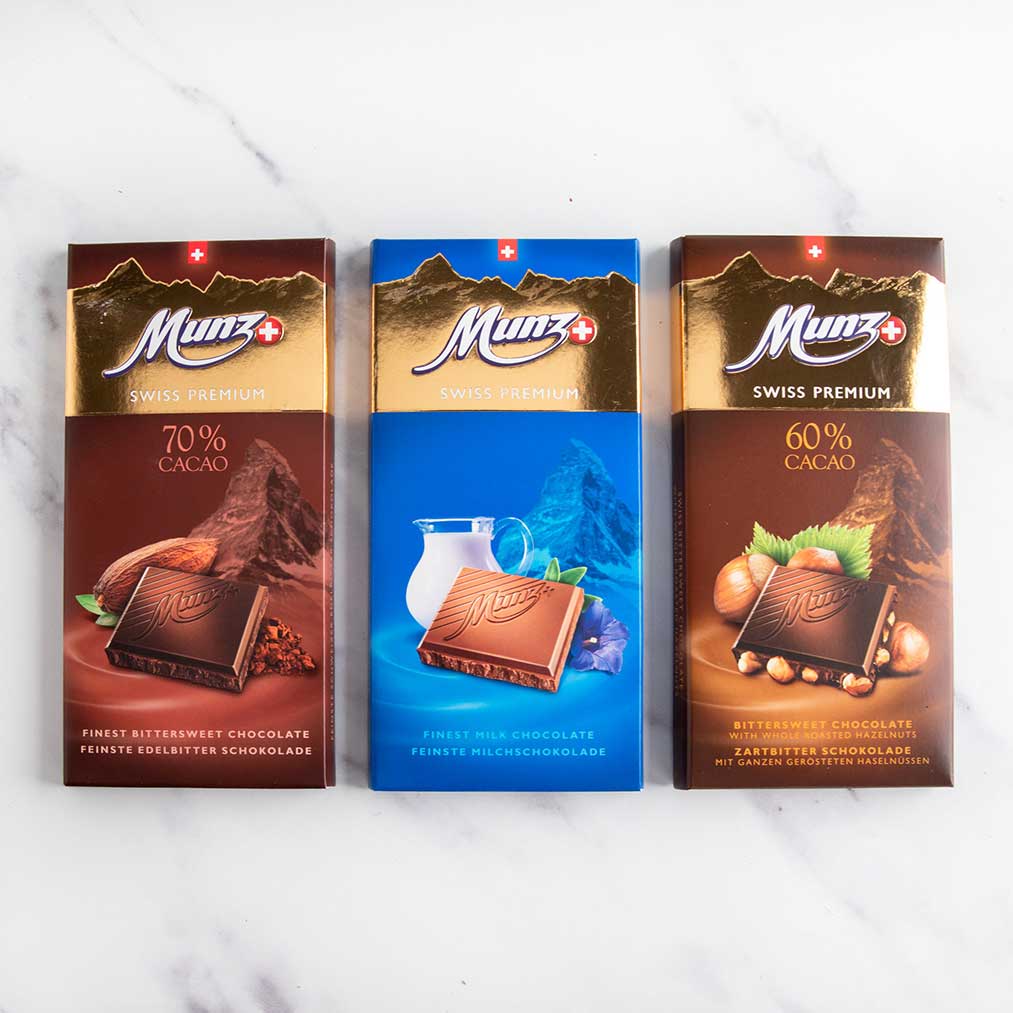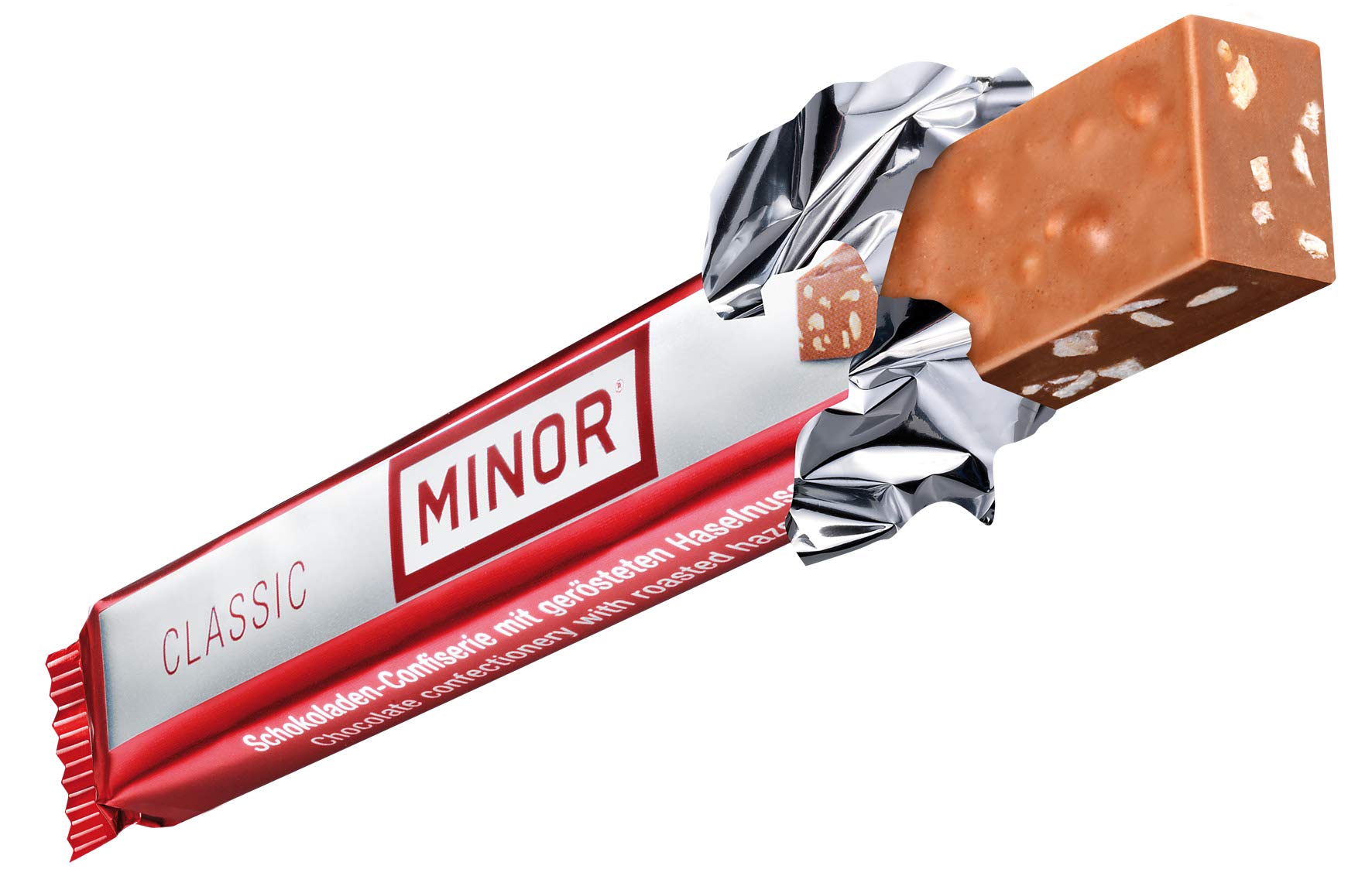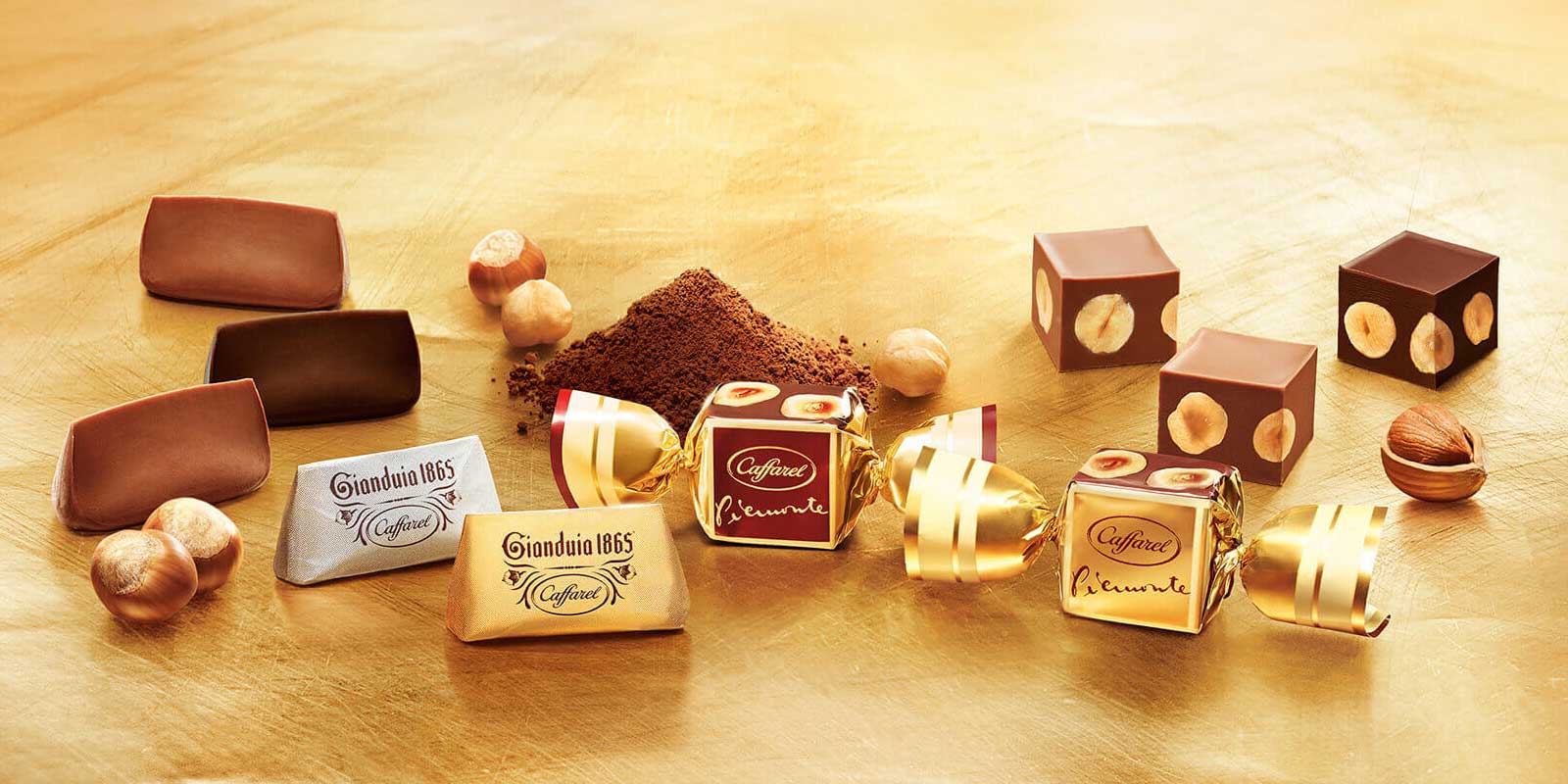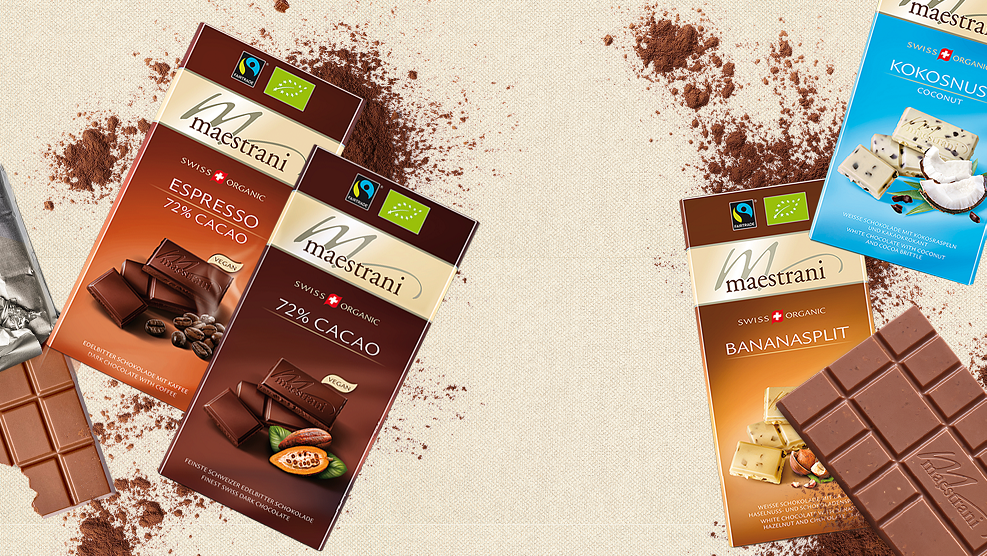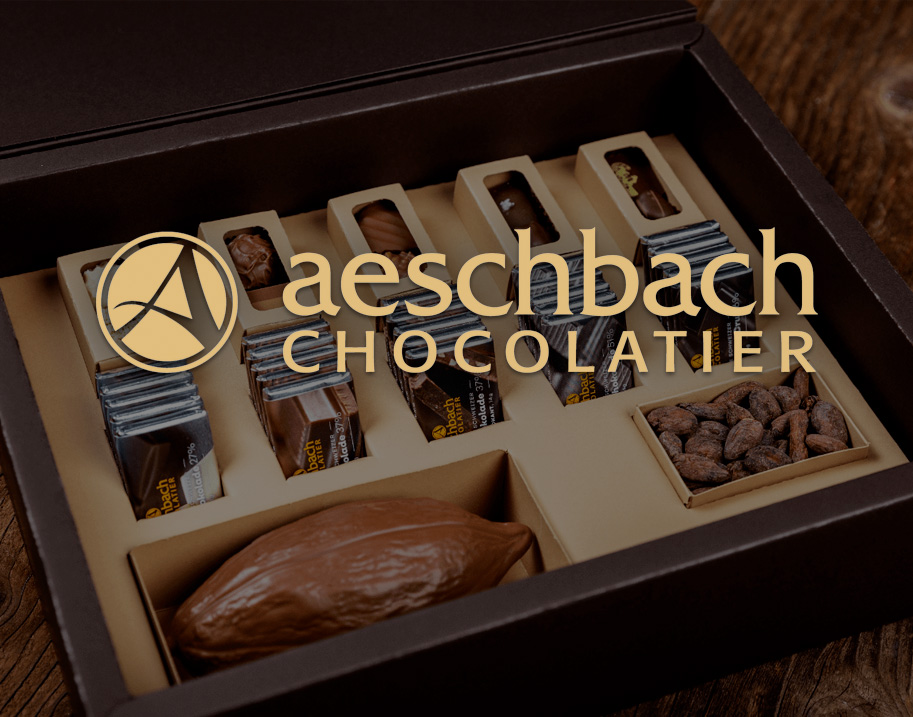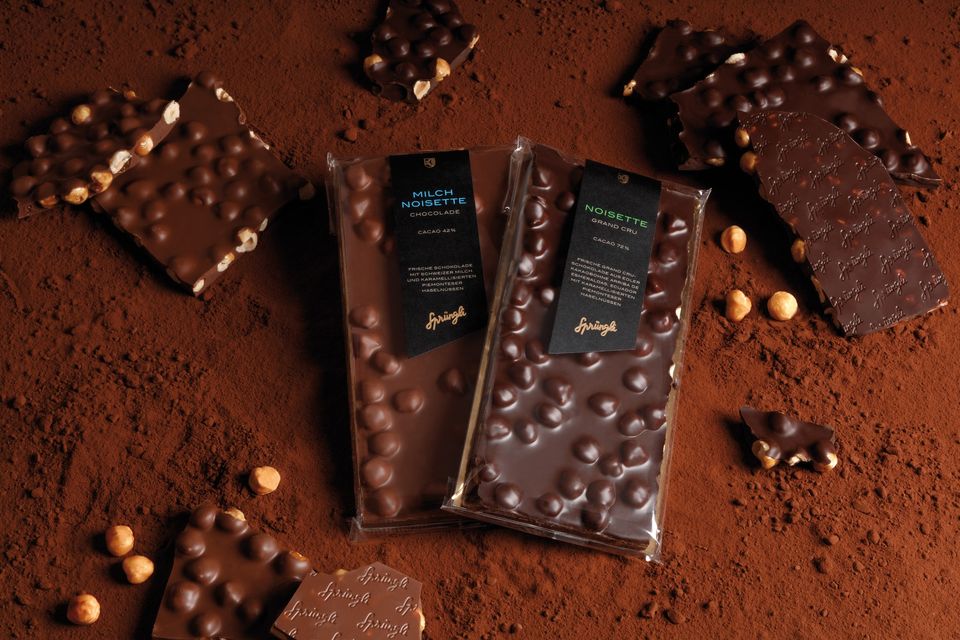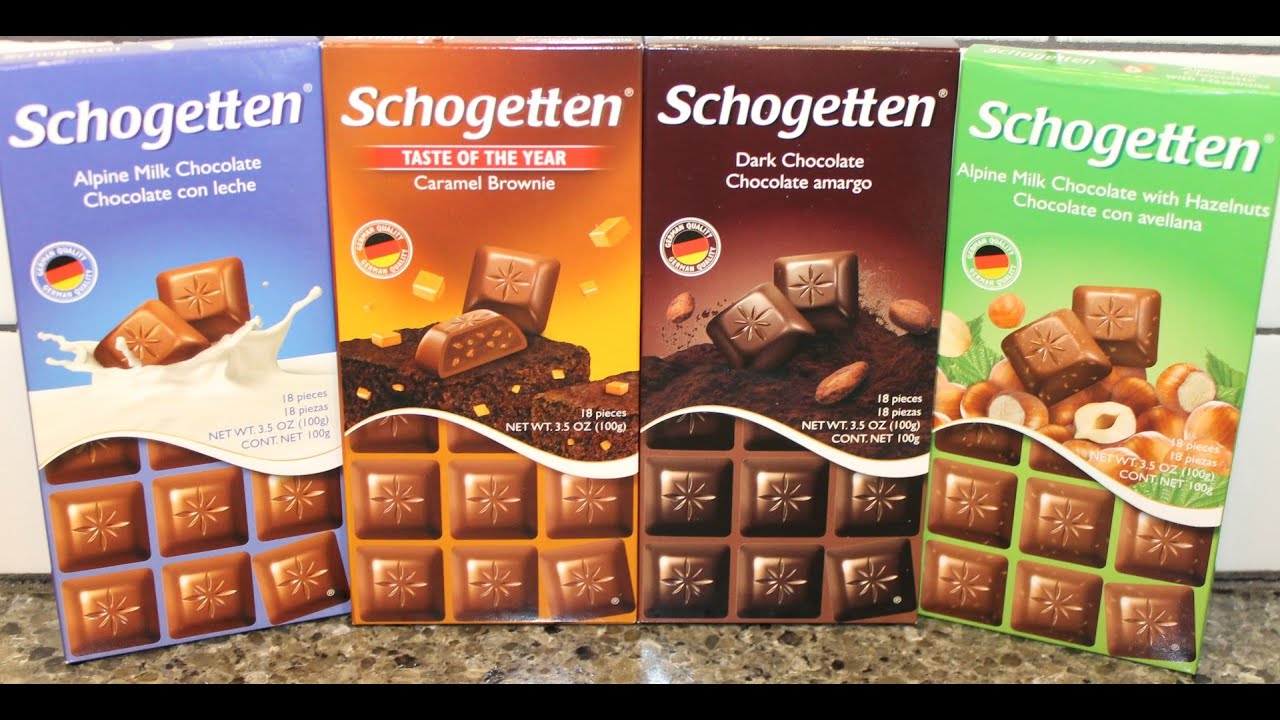25 Swiss Chocolates You Must Try In Switzerland
If you’re a chocolate lover visiting Switzerland, you’re in for a treat! Discover iconic chocolate brands and hidden gems that make Swiss chocolate truly special.
Author:Liam JonesReviewer:Maya ReyesDec 26, 202417.3K Shares320.8K Views
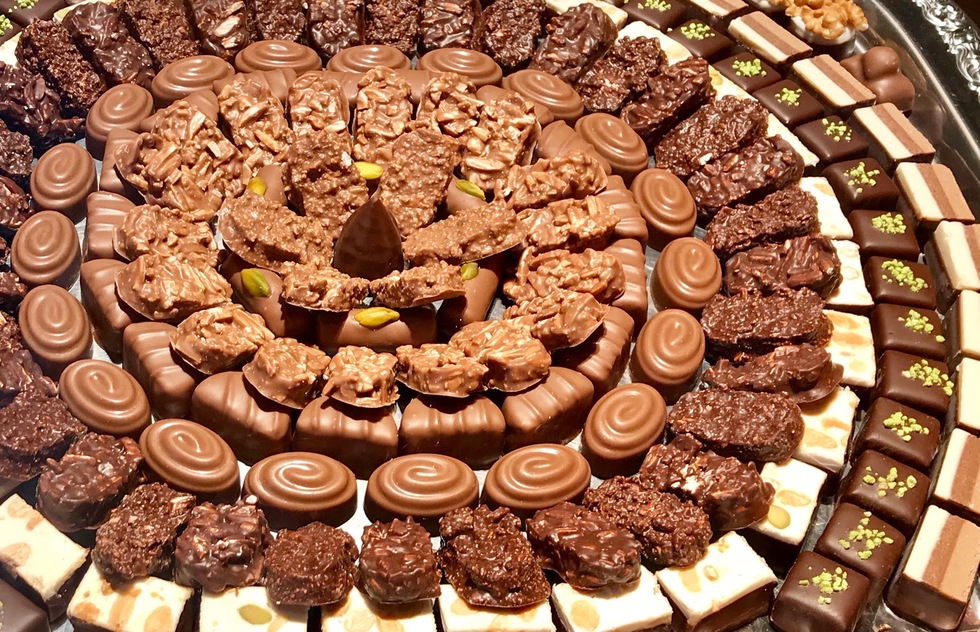
Switzerlandis synonymous with chocolate excellence, captivating the world with its rich flavors and creamy textures. Known for high-quality ingredients and artisanal craftsmanship, Swiss chocolate has earned a special place in the hearts of chocolate lovers globally.
Imagine biting into a smooth chocolate bar, where the taste of premium cocoa melds seamlessly with fresh Alpine milk.
A journey through the best chocolates from this Alpine nation reveals a delightful array of indulgent treats rooted in tradition.
The History Of Swiss Chocolate
The origins of Swiss chocolate trace back to the 17th century when cocoa was first introduced to Switzerland. However, it was in the 19th century that Swiss chocolatiers began to innovate and refine chocolate-making techniques.
Notably, in 1879, Rudolphe Lindt invented the conching machine, which revolutionized the production of chocolate by enhancing its texture and reducing bitterness.
Today, Switzerland is home to Cailler, the oldest chocolate brand in the country, founded in 1819, which played a pivotal role in establishing Swiss chocolate's global reputation.
Key Milestones In Swiss Chocolate History:
- 17th Century: Introduction of cocoa to Switzerland.
- 1819: Establishment of Cailler, the oldest chocolate brand.
- 1879: Rudolphe Lindt invents the conching machine.
Criteria For Selecting The Best Swiss Chocolates
When selecting the best chocolates, several key factors come into play:
- Quality of Ingredients: Swiss chocolatiers are renowned for sourcing premium cocoa beans and fresh Alpine milk, which contribute to the exceptional taste and texture of their chocolates.
- Craftsmanship and Artisanal Techniques: The skill and passion of chocolatiers are evident in the meticulous processes that result in exquisite chocolates.
- Reputation and Legacy: Established brands with a history of excellence are often favored for their commitment to quality.
Top 25 Swiss Chocolate Brands To Indulge In
1. Lindt
Lindtis one of the most iconic Swiss chocolate brands, known for its smooth and creamy texture. Founded in 1845, Lindt has pioneered numerous innovations in chocolate making.
Their signature products include Lindor truffles, which melt in your mouth, and the Excellencerange, offering intense dark chocolate flavors. Lindt's commitment to quality is evident in their sourcing of high-quality cocoa beans.
2. Toblerone
Toblerone is instantly recognizable by its triangular shape, inspired by the Swiss Alps. Created in 1908, this chocolate combines smooth milk chocolate with honey and almond nougat, offering a unique flavor profile.
It is a top-selling brand in travelretail and enjoyed in over 100 countries, making it a global symbol of Swiss chocolate.
3. Läderach
Läderachis celebrated for its artisanal approach to chocolate-making. Known for products like FrischSchoggi, which features fresh chocolate mixed with fruits and nuts, Läderach focuses on using high-quality, sustainably sourced ingredients.
Their commitment to craftsmanship has earned them recognition as one of the best chocolatiers in the world.
4. Cailler
As the oldest Swiss chocolate brand, Caillerhas been producing chocolate since 1819. Known for its rich heritage, Cailler offers a variety of products, including milk, dark, and white chocolate bars. Their signature products, such as Frigorand Branches, showcase the brand's dedication to quality and tradition.
5. Frey
Founded in 1887, Frey is renowned for its extensive range of high-quality chocolate products. With a focus on sustainability, Frey produces popular items like Frey Extra Milk Chocolateand Dark Chocolate Branches, appealing to a wide audience with varying taste preferences.
6. Max Chocolatier
This boutique chocolatier emphasizes handmade chocolates crafted with unique flavor combinations. Max Chocolatier sources only the finest ingredients and creates seasonal collections that showcase their creativity and commitment to quality.
7. Teuscher
Known for its luxurious chocolates, especially the signature Champagne truffles, Teuscher combines dark chocolate with a buttery champagne filling. Founded in Zurich in 1932, the brand prides itself on using natural ingredients without preservatives, ensuring fresh and exquisite chocolates.
8. Milkboy
Milkboy is recognized for its use of premium Alpine milk in its chocolates. Their award-winning products, such as the Finest Swiss Milk Chocolate with Caramel and Sea Salt, highlight their commitment to quality and sustainable practices, earning them multiple accolades.
9. Kägi
Established in 1934, Kägiis best known for its chocolate-covered wafer bars, particularly the Kägi fret. With layers of crisp wafers and smooth chocolate, Kägi embodies traditional Swiss quality and craftsmanship.
10. Halba
Halba, a member of the Coop Group, is dedicated to ethical chocolate production. Known for its Fairtrade-certifiedchocolates, Halba emphasizes quality and sustainability, offering a range of flavors to suit different palates.
11. Villars
Villars has been producing classic Swiss chocolates since 1901. Their products, including milk chocolate bars with hazelnuts, are cherished for their rich and creamy textures, made with high-quality Swiss milk.
12. Camille Bloch
Famous for its innovative chocolate creations, Camille Blochoffers iconic products like Ragusa, filled with praline and whole hazelnuts, and Torino, a smooth gianduja chocolate. The brand blends traditional craftsmanship with unique flavor profiles.
13. Favarger
Favarger is one of Switzerland’s oldest chocolate brands, established in 1826. Known for its Avelinesand Nougalines, Favarger uses natural ingredients and maintains strict quality control from bean to bar, ensuring rich flavors.
14. Ragusa
Created by Camille Bloch, Ragusa bars are a favorite among chocolate enthusiasts. The combination of smooth praline and crunchy hazelnuts encased in chocolate makes it a distinctive treat loved by many.
15. Ovomaltine
Originally developed as a nutritional supplement, Ovomaltine has become a popular chocolate brand, known for its unique malt and cocoa blend. Their products, including Ovomaltine milk chocolate bars, are enjoyed by all ages.
16. Geneve Bonne
Specializing in luxury chocolates, Geneve Bonne is known for its artisanal craftsmanship and elegant packaging. Their assorted pralines and truffles make perfect gifts for any chocolate lover.
17. Taucherli
Taucherli is committed to sustainability and offers artisanal chocolates with innovative flavors. Their focus on small-batch production ensures high quality and unique taste experiences.
18. Swiss Delice
Swiss Deliceemphasizes quality ingredients and offers a variety of chocolates, including their Extra Creamy Milk Chocolateand Dark Chocolate Squares, all produced in Switzerland.
19. Munz
A brand under the Maestrani umbrella, Munz delights chocolate lovers with traditional chocolate-making techniques. Their diverse range includes chocolate bars and pralines, ensuring a rich and authentic Swiss experience.
20. Minor
Known for its rich hazelnut content, Minor uses natural ingredients and Fairtrade practices in its production. Their chocolates, such as Minor Originaland Dark Chocolate bars, are celebrated for their quality.
21. Caffarel
Caffarel is renowned for its Gianduiotto, a creamy gianduja chocolate made with Piedmont hazelnuts. The brand embodies the essence of Swiss chocolate culture with its rich flavors and high-quality ingredients.
22. Maestrani
Focusing on organic and Fairtrade chocolates, Maestraniensures high-quality products while supporting sustainable practices. Their commitment to ethical sourcing makes them a favorite among conscious consumers.
23. Aeschbach
Aeschbach is a family owned chocolatier established in 1972, renowned for its commitment to high-quality ingredients and innovative flavors. This brand offers a diverse range of chocolates, from classic pralines to unique creations infused with exotic ingredients like chili or sea salt.
Aeschbach prides itself on its meticulous craftsmanship, ensuring that each piece is crafted with care and precision.
24. Sprüngli
Famous for its truffles and the signature Luxemburgerli macarons, Sprungliepitomizes Swiss confectionery excellence. Their luxurious treats are a must-try for anyone visiting Switzerland.
25. Schogetten
Known for its chocolate-covered wafers, Schogetten offers convenient portion sizes that make indulging easy. Their diverse flavors cater to various tastes, making them a popular choice among chocolate lovers.
Chocolate Production Techniques
Swiss chocolate-making is an art, involving several techniques that enhance flavor and texture. Key processes include:
- Conching: This technique refines the chocolate by continuously mixing it, resulting in a smooth texture and improved flavor.
- Tempering: This process involves heating and cooling chocolate to stabilize it, ensuring a glossy finish and satisfying snap.
- Molding: Chocolatiers pour tempered chocolate into molds to create bars and shapes, allowing for creativity in design.
Pairing Swiss Chocolate With Drinks And Foods
Pairing Swiss chocolate with complementary beverages and foods can elevate your tasting experience. Here are some suggestions:
- Wine: Dark chocolates pair well with robust red wines like Cabernet Sauvignon or fruity whites like Riesling.
- Coffee: A rich espresso complements the deep flavors of dark chocolate.
- Tea: Herbal teas, especially those with floral notes, can enhance the experience of creamy milk chocolates.
- Fruits: Fresh berries, especially strawberries and raspberries, pair beautifully with chocolate desserts.
- Cheese: Aged cheeses, such as cheddar or blue cheese, can create an intriguing balance with chocolate.
Unique Swiss Chocolate Experiences
Switzerland offers unique experiences for chocolate lovers, including:
- Factory Tours: Visit places like the Lindt Home of Chocolate and the Cailler Chocolate Factory to learn about the chocolate-making process and enjoy tastings.
- Chocolate Festivals: Attend events like the Salon du Chocolat, where artisans showcase their creations and offer tastings.
- Workshops: Participate in hands-on experiences at chocolatiers like Max Chocolatier, where you can create your own chocolate masterpieces.
Where To Buy The Best Swiss Chocolates
Finding high-quality Swiss chocolates can be a delightful adventure. Consider visiting:
- Renowned Chocolate Shops: Confiserie Sprüngli and Läderach boutiques offer a curated selection of exquisite chocolates.
- Local Markets: Explore street food markets and specialty shops in cities like Zurich and Geneva for unique finds.
- Online Shopping: Many Swiss chocolate brands offer global shipping through their websites, making it easy to enjoy Swiss chocolate from anywhere.
FAQs About Swiss Chocolate
What Makes Swiss Chocolate Unique?
Swiss chocolate is renowned for its smooth texture, high-quality ingredients, and meticulous craftsmanship. The use of fresh milk, premium cocoa beans, and traditional techniques sets Swiss chocolate apart from other chocolates.
How Is Swiss Chocolate Made?
Swiss chocolate is made using a process called conching, which involves grinding and refining the chocolate mixture to achieve a smooth texture. The finest ingredients, such as cocoa beans, milk, and sugar, are carefully selected and blended to create the perfect balance of flavors.
Can I Visit Chocolate Factories In Switzerland?
Yes, many chocolate factories in Switzerland offer tours where visitors can learn about the chocolate-making process and sample various chocolates. Popular tours include the Lindt Home of Chocolate and the Cailler Chocolate Factory.
Are There Vegan Or Dairy-free Swiss Chocolates Available?
Yes, several Swiss chocolate brands offer vegan and dairy-free options. Brands like Chocolat Stella and Maestrani are known for their range of vegan and lactose-free chocolates, catering to different dietary preferences.
What Are Some Lesser-known Swiss Chocolate Brands Worth Trying?
While brands like Lindt and Toblerone are well-known, lesser-known brands like Max Chocolatier, Favarger, and Camille Bloch offer exceptional chocolates that are definitely worth trying. These brands often focus on artisanal techniques and unique flavor combinations, providing a distinctive chocolate experience.
Conclusion
Embarking on a quest to discover the best chocolate in Switzerlandis more than just a culinary adventure; it’s an exploration of Swiss heritage and passion for perfection.
These heavenly treats represent the pinnacle of chocolate artistry, blending tradition, high-quality ingredients, and innovative flavors.
Treat yourself to the finest Swiss chocolates and savor the rich, creamy flavors that have made Switzerland the chocolate capital of the world.
Jump to
The History Of Swiss Chocolate
Criteria For Selecting The Best Swiss Chocolates
Top 25 Swiss Chocolate Brands To Indulge In
Chocolate Production Techniques
Pairing Swiss Chocolate With Drinks And Foods
Unique Swiss Chocolate Experiences
Where To Buy The Best Swiss Chocolates
FAQs About Swiss Chocolate
Conclusion

Liam Jones
Author
Liam Jones has made it his mission to prove that adventure doesn’t need a hefty budget. Having traveled to over 40 countries, he specializes in finding affordable ways to experience the world, from the best street food in Bangkok to hidden gems in Lisbon.
Liam’s travel tips have reached thousands of readers, empowering them to see the world on a shoestring budget without sacrificing quality. With a deep passion for local cultures, he continues to share his travel hacks, ensuring adventure remains accessible to all.

Maya Reyes
Reviewer
Maya Reyes’s wanderlust was sparked in the temples of Luang Prabang, where the scent of lemongrass and the chants of monks revealed the transformative power of travel.
Since then, her journey has been defined by cultural immersion and authentic connections. From learning batik in Indonesia to sharing meals with nomadic families in Mongolia, Maya seeks experiences that highlight the human stories behind each destination.
Travel for her is a way to weave her narrative into the world’s cultural tapestry, creating bridges across diverse ways of life. Maya has traveled to 15 countries and shares her insights through writing and storytelling.
Latest Articles
Popular Articles
